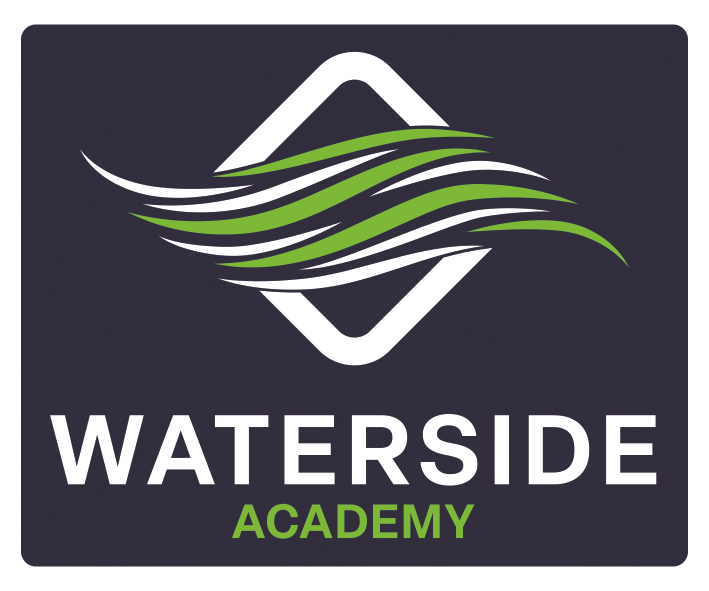Teaching, Learning and Assessment
Our Classroom Culture
At Waterside Academy, we are committed to creating an environment and culture built around quality teaching, learning, and assessment. This is underpinned by a classroom culture that encourages all staff to use a common language which is focused on high expectations, quality learning, and expert knowledge.
Assessment & Feedback:
At Waterside Academy, we believe that:
- All assessments should be carefully designed to ensure that they support and develop the key knowledge and skills required for success.
- Assessment should be used to inform the teacher about students’ learning as well as to identify gaps in knowledge, skills, and understanding.
- Information from Assessments should be used to plan lessons and provide students with feedback on how to accelerate learning.
- Greater emphasis should be placed on formative assessment, however, information from such assessments can be used summatively.
- Assessments should incorporate smaller but more regular Knowledge Check Points to support this ongoing formative feedback. Knowledge Check Points are NOT tests but key learning points to check ongoing learning and skills.
- Our Assessment process should have consistent principles, to be used across subjects, but the flexibility to be suitable for all subjects.
- Assessment should improve students’ learning – not just measure their learning.
- Providing feedback to students should not be burdensome for staff.
Feedback (Y7 – Y9):
- Students in Y7-Y9 complete Knowledge Check Points; these are not tests and should not be treated as such. The frequency of Knowledge Check Points is determined by curriculum time and specified for each subject area.
- Each student is provided with feedback and the opportunity to make progress.
- Following each Knowledge Check Point, teaching is responsive: planning and feedback will focus on students moving from one threshold to another.
- All other work in books/in class is building up to these Knowledge Check Points and will not be provided with written feedback from the class teacher. Instead, planning focuses on the methodology, skills, and content required, as well as providing feedback in the lesson.
- At two calendared points in the year, the class teacher reviews the body of work that each student has completed (based on Knowledge Check Points and classwork) and reports to parents. The report would include an Attainment descriptor as well as a progress comment.
Feedback (Y10-Y11):
- Students in Y10-Y11 will also complete Knowledge Check Points. However, these might be bigger assessments linked to the GCSE or Functional Skills papers. Throughout Key Stage 4, students will be given more opportunities to complete full exam papers. This is to build up students’ stamina in preparation for the Functional Skills or GCSE examinations.
- Following each Knowledge Check Point, teaching is responsive: planning and feedback should focus on students moving from one threshold to another.
- All other work in books/in class is building up to these Knowledge Check Points and will not be provided with written feedback from the class teacher. Instead, planning focuses on the methodology, skills, and content required, as well as providing feedback in the lesson.
- At three calendared points in the year, the class teacher reviews the Knowledge Check Points and reports to parents. The report would include the student’s target Grade, an Attainment Grade, as well as a progress comment.
- A student’s target grade in Y10 will be one grade below the expected Functional Skills or GCSE grade for the end of Y11.
- It is important to remember that completing a section of an exam paper is not the same as completing the paper in its entirety; whilst students may have performed well on a smaller element, the grade reported has to consider these pieces in relation to the whole curriculum.

